A squeezed juice cleanse is a type of detox diet that involves consuming only fresh, cold-pressed juices made from fruits and vegetables for a set period, usually ranging from one to seven days. The idea is to give your digestive system a break while flooding your body with essential vitamins, minerals, and antioxidants.
The science behind juice cleansing lies in the concept of detoxification. Our bodies are exposed to various toxins from the environment, processed foods, and stress. These toxins can accumulate and lead to a feeling of sluggishness and various health issues. A juice cleanse aims to help the body eliminate these toxins more efficiently.
Cold-pressed juices are particularly beneficial because the cold-pressing process retains more nutrients compared to traditional juicing methods. This means you get a higher concentration of vitamins, minerals, and enzymes that are easily absorbed by the body. These nutrients support the liver, kidneys, and lymphatic system, which are the primary organs involved in detoxification.
Benefits of a Squeezed Juice Cleanse
Embarking on a squeezed juice cleanse offers a multitude of benefits that can transform your overall health and well-being. By consuming nutrient-dense, cold-pressed juices, you provide your body with a concentrated dose of vitamins, minerals, and antioxidants. This section explores the key advantages of a juice cleanse, including detoxification, improved digestion, and weight loss.
Understanding these benefits can help you make an informed decision about incorporating juice cleansing into your health routine. Let's dive into the specific benefits of a squeezed juice cleanse.
Step-by-Step Guide to Preparing for Your First Squeezed Juice Cleanse
Choose Your Cleanse: Decide on the duration of your cleanse. Beginners might start with a basic cleanse like the signature cleanse, while more experienced individuals might opt for a longer cleanse or one that may include wellness shots. Choose a cleanse that fits your lifestyle and goals.
Plan Your Cleanse: Stock up on a variety of fresh fruits and vegetables. Common ingredients include kale, spinach, cucumber, celery, apples, carrots, and beets. You can also include herbs like mint and parsley for added flavor and benefits.
Ease Into It: In the days leading up to your cleanse, start reducing your intake of caffeine, sugar, processed foods, and animal products. This will help ease the transition and reduce potential detox symptoms like headaches and fatigue.
Stay Hydrated: Drink plenty of water before, during, and after your cleanse. Staying hydrated is crucial for flushing out toxins and preventing dehydration.
Prepare Mentally: A juice cleanse can be a mental challenge as much as a physical one. Prepare yourself for cravings and moments of weakness. Remind yourself of the benefits and stay committed to your goal.
Common Mistakes to Avoid During a Juice Cleanse and How to Overcome Them
- Not Consuming Enough Juice
It's important to drink enough juice to keep your energy levels up and provide your body with the nutrients it needs. Aim for at least six 16-ounce servings of juice per day. Another option is to look for a cleanse with protein as well, much like the powerhouse cleanse.
- Skipping Water
Some people forget to drink water during a juice cleanse, thinking the juice is enough. However, water is essential for detoxification and overall health. Make sure to drink plenty of water throughout the day.
- Overexerting Yourself
A juice cleanse is not the time to push yourself physically. Avoid intense workouts and give your body the rest it needs. Light activities like walking or yoga are more appropriate during this time.
- Giving in to Cravings
Cravings can be one of the biggest challenges during a juice cleanse. To overcome them, keep yourself busy and distracted. Engage in activities you enjoy, such as reading, meditating, or taking a bath.
- Not Easing Out of the Cleanse
After completing your cleanse, it's important to ease back into solid foods gradually. Start with light, easy-to-digest foods like fruits, vegetables, and soups. Gradually reintroduce more complex foods over the next few days to avoid shocking your digestive system.
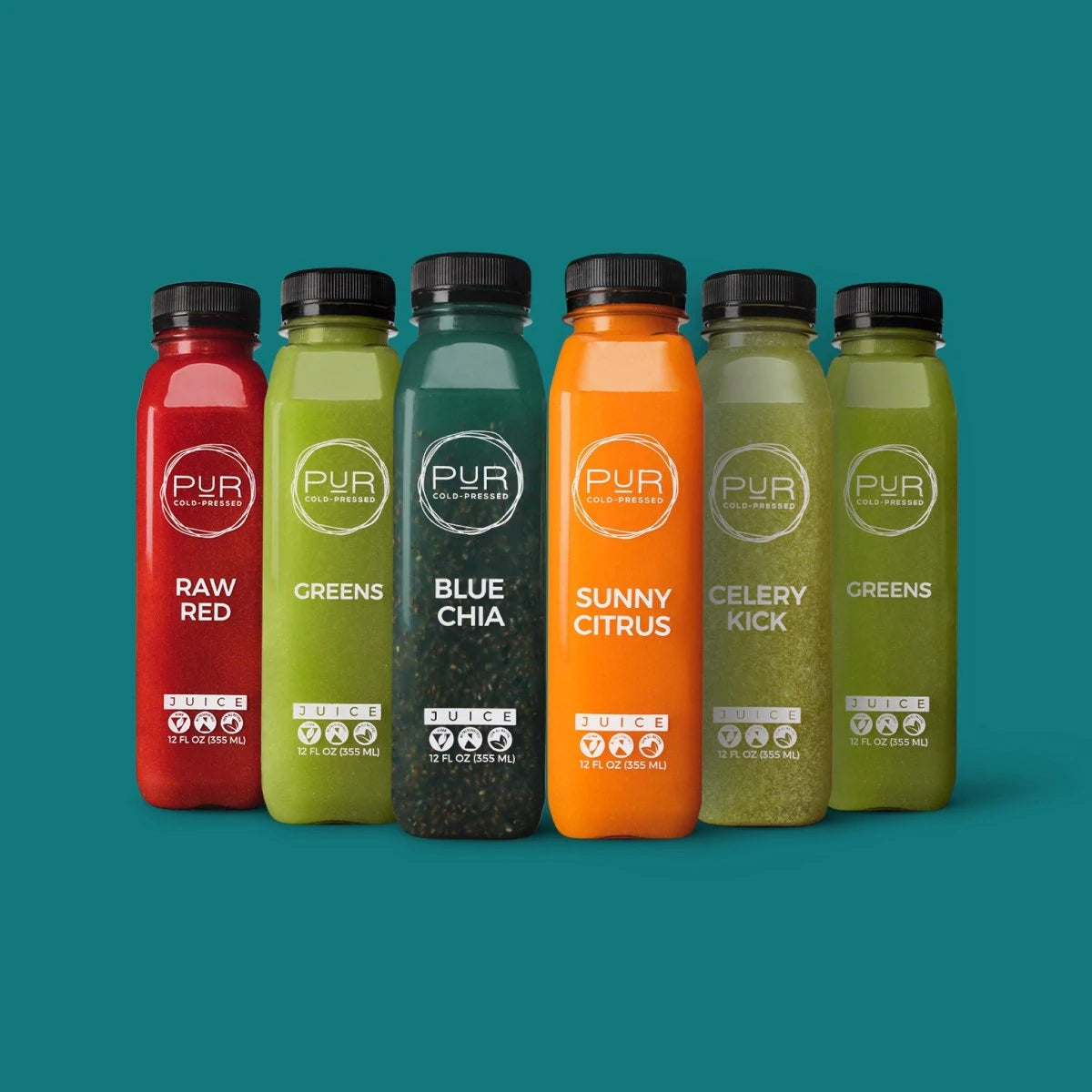
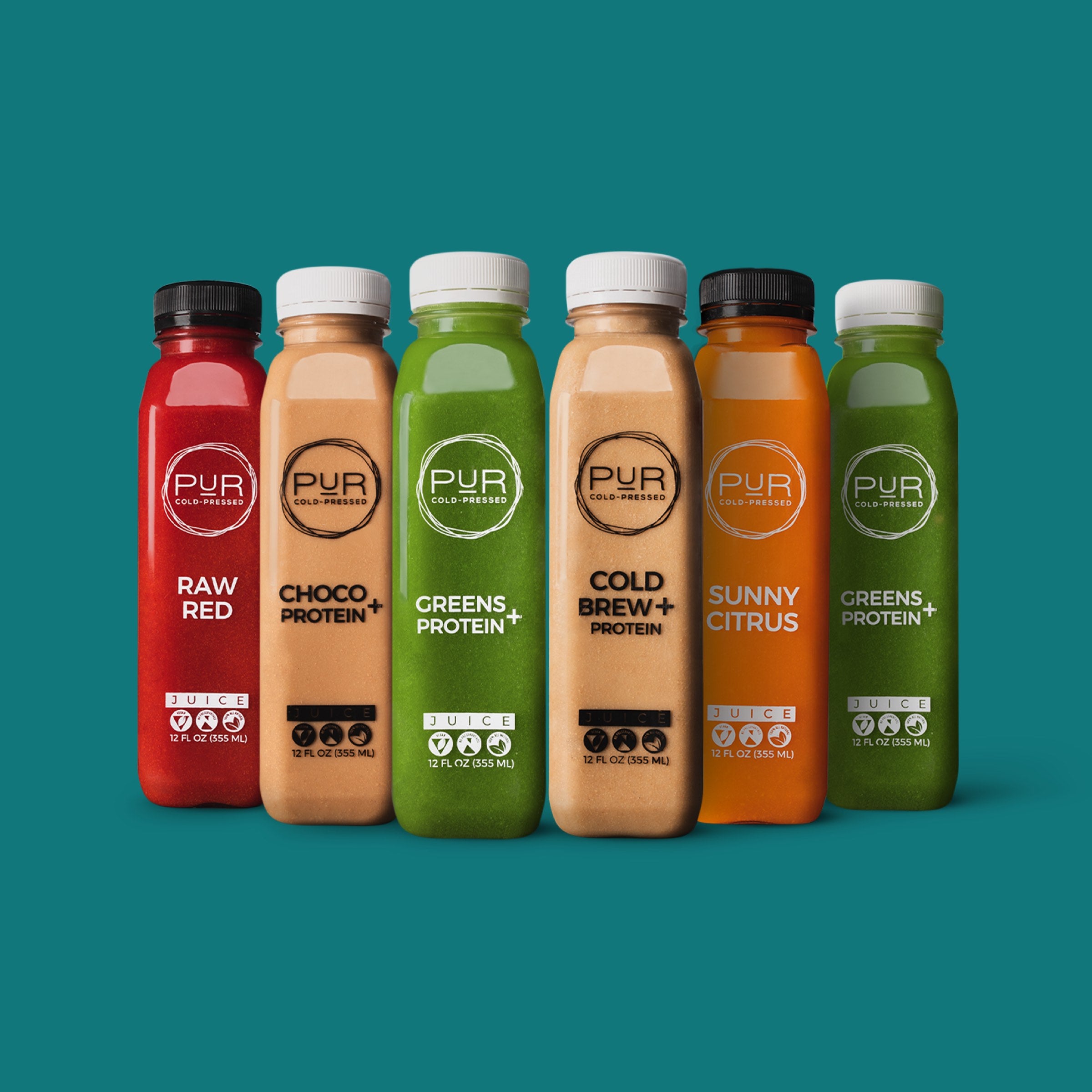
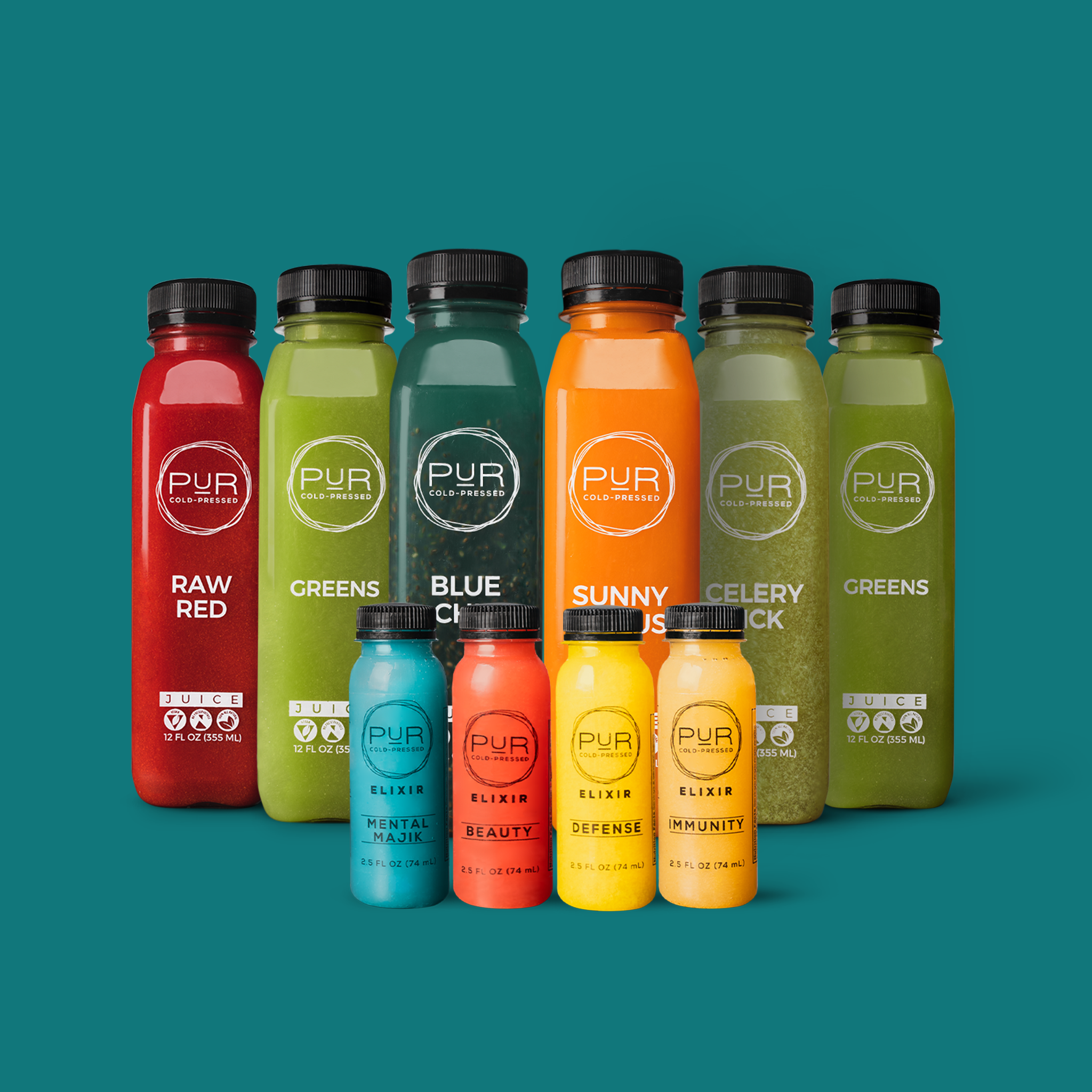
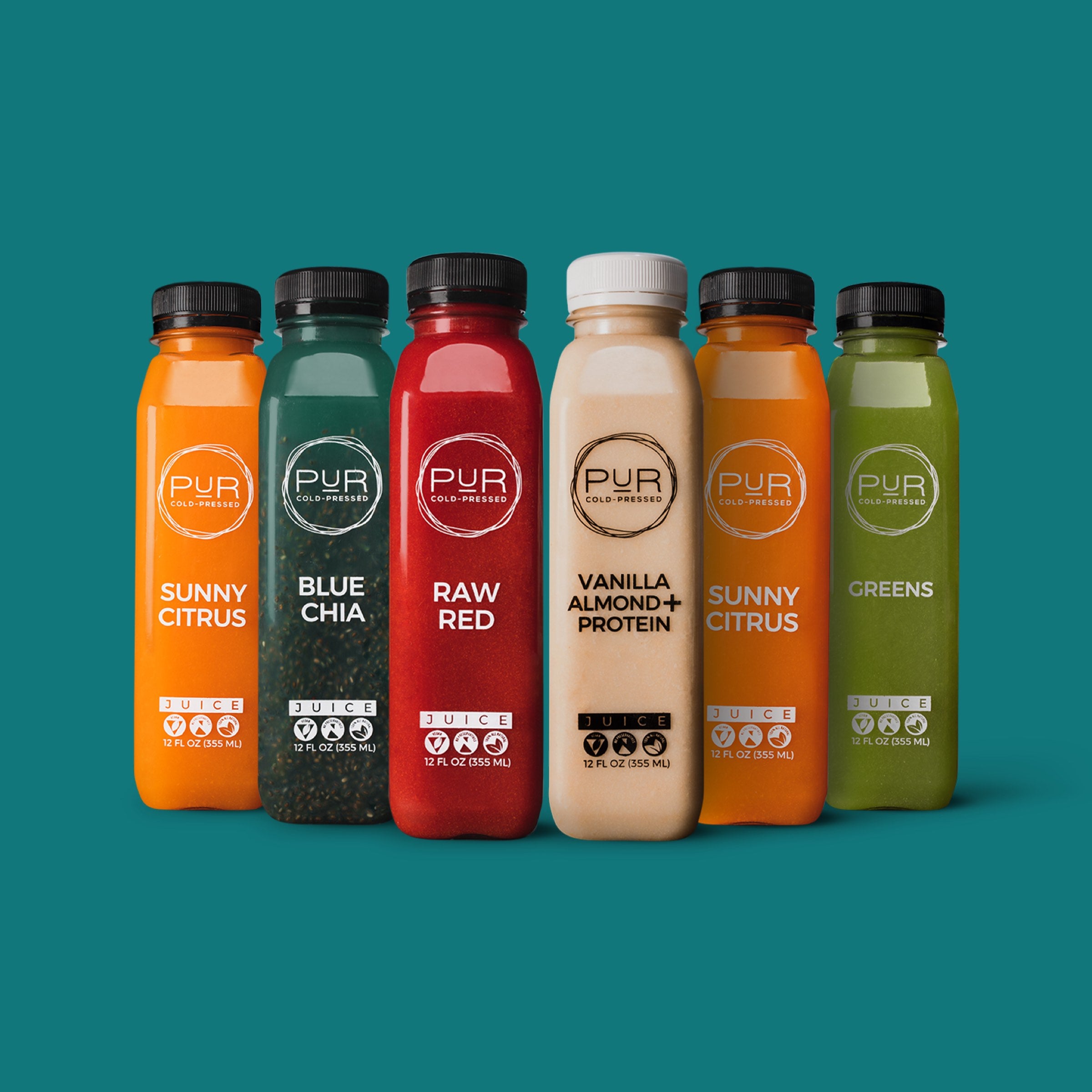
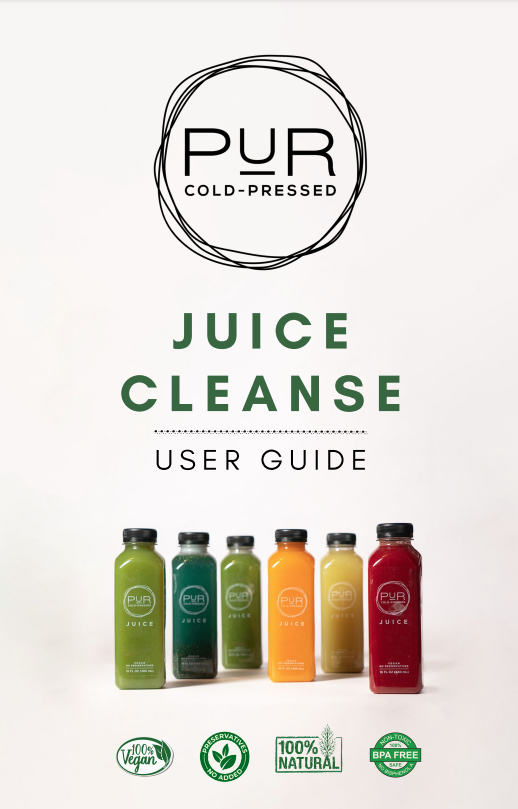
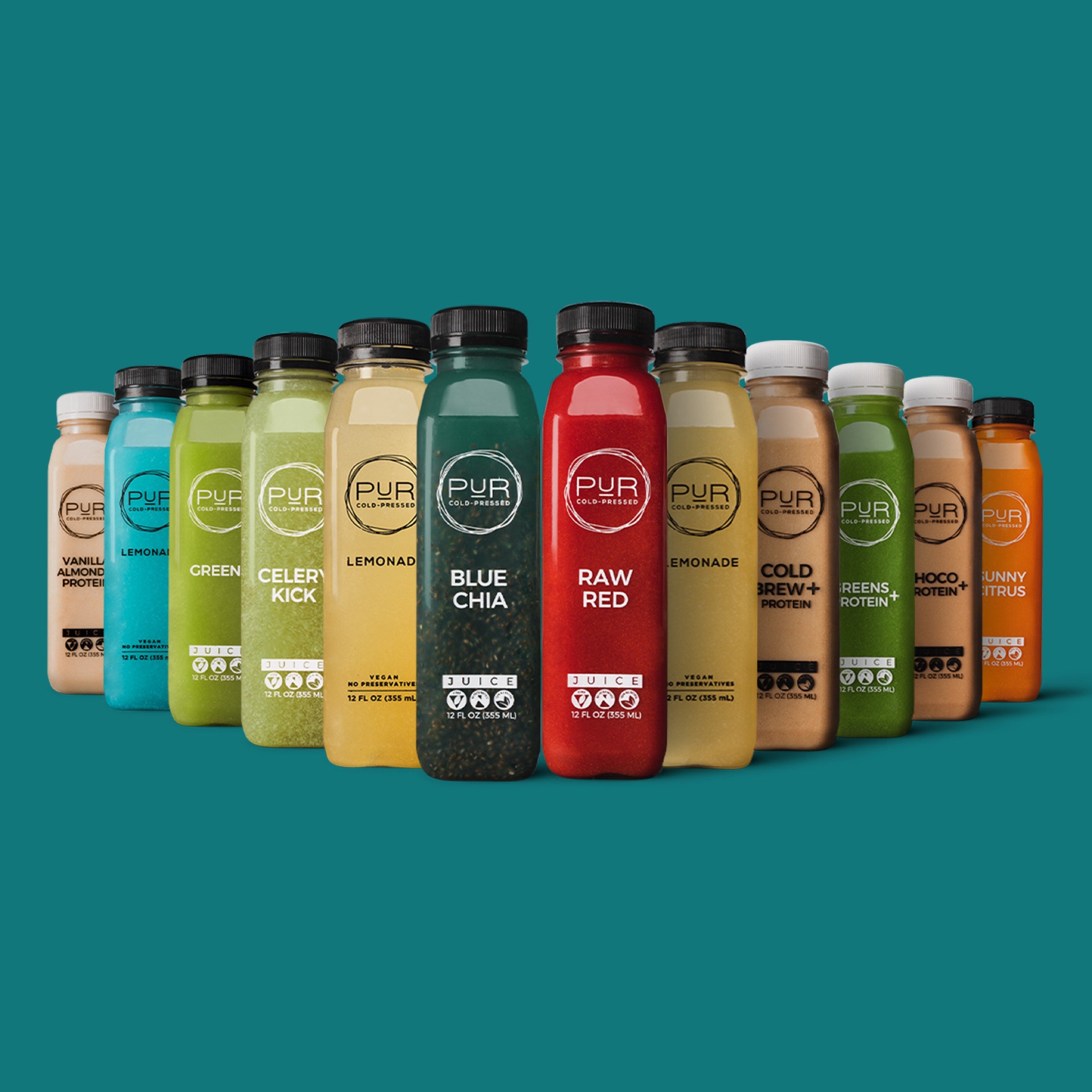

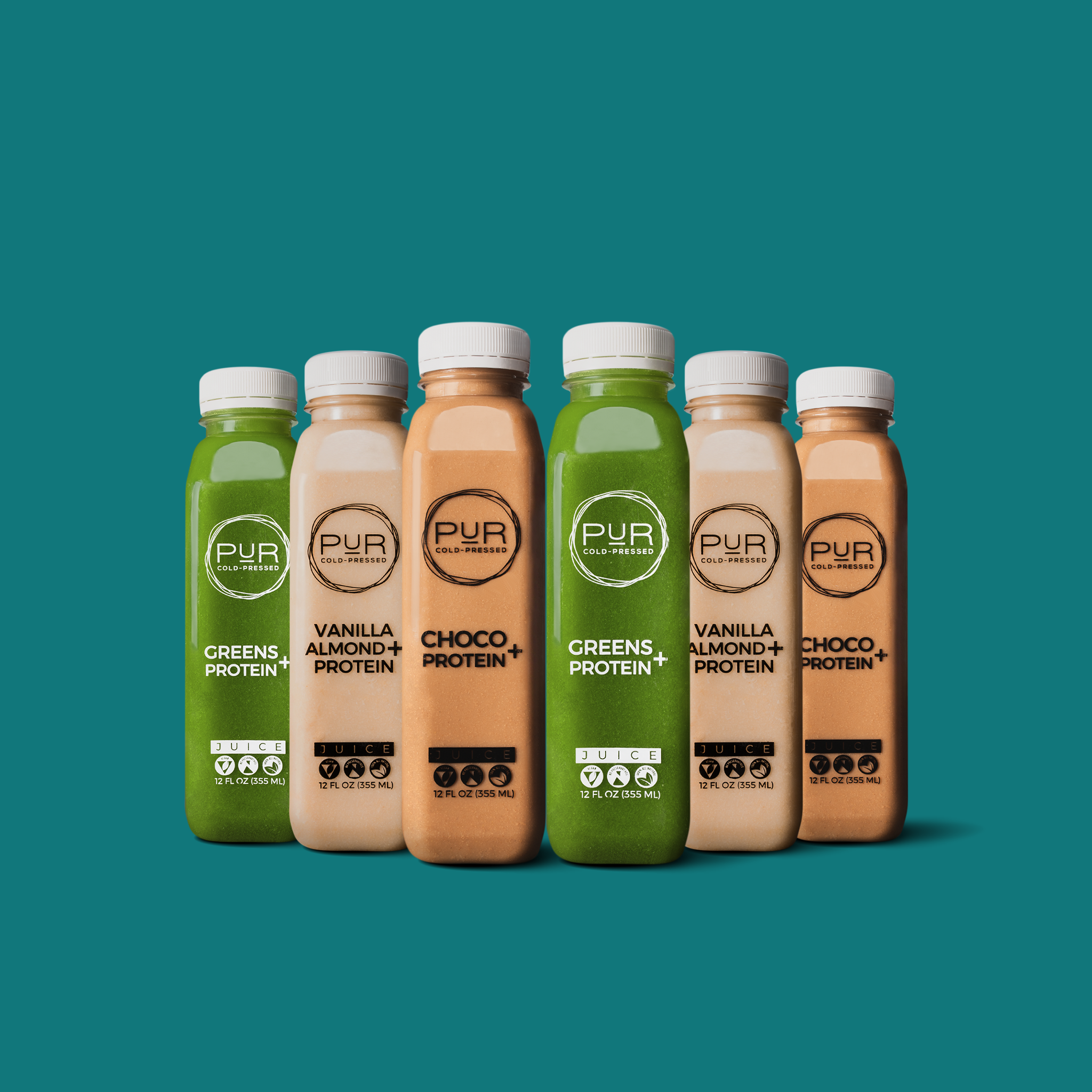
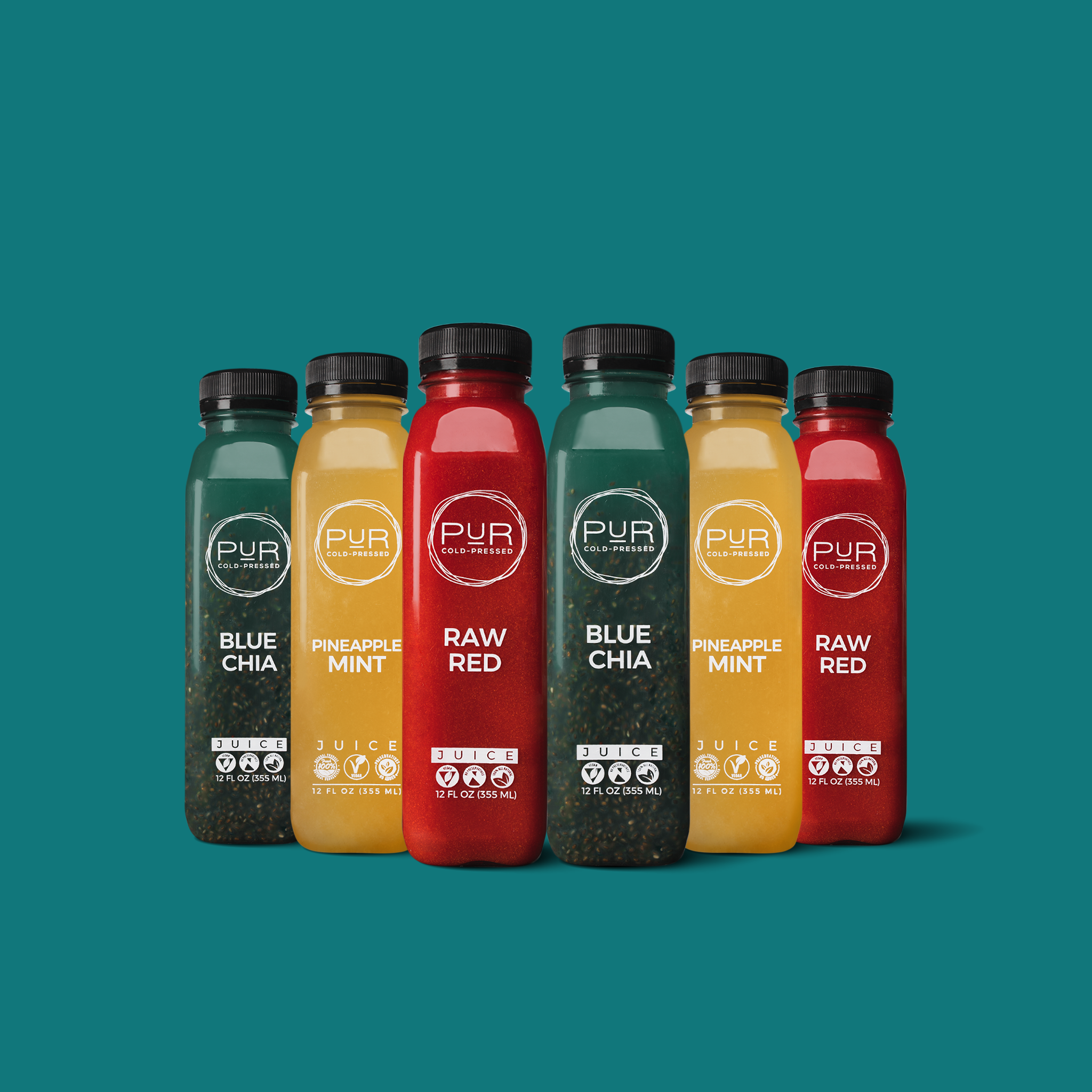
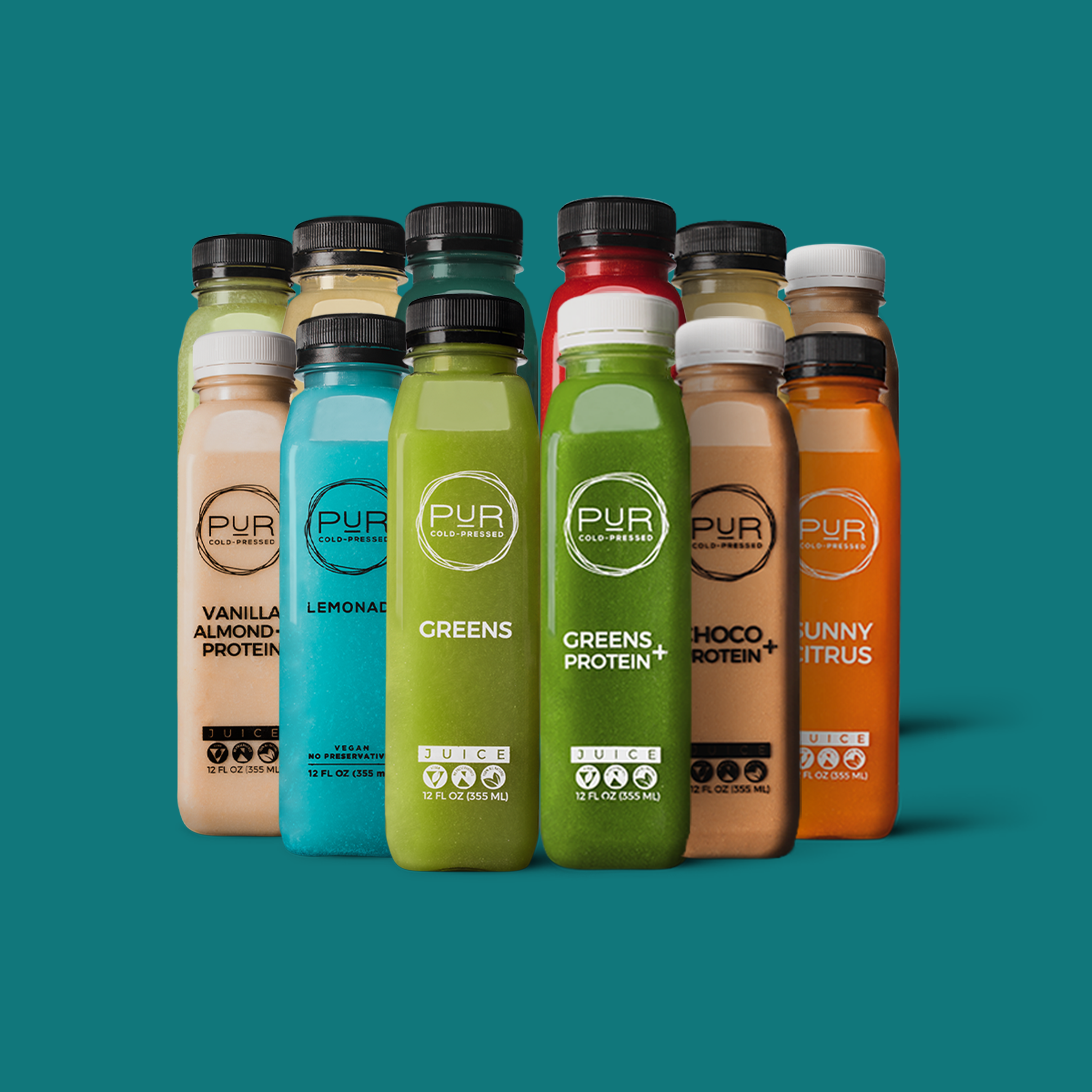



Leave a comment
All comments are moderated before being published.
This site is protected by hCaptcha and the hCaptcha Privacy Policy and Terms of Service apply.